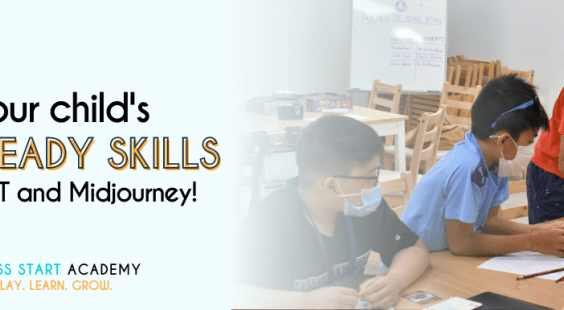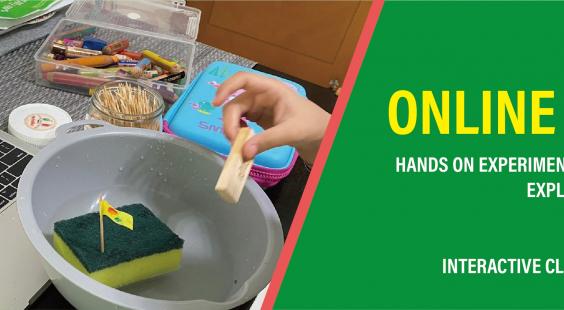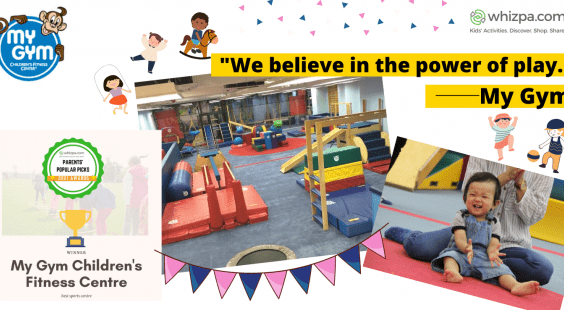
補習 - 真的有必要?
There is tutoring for every occasion these days- right from pre-school readiness to secondary exam preparations, there is ‘customised’ tutoring available at every nook and corner in Hong Kong.
A 2017 HSBC Study, Value of Education, shows how parents across the world are relentlessly working to give the best education and opportunities to their kids. As per the study, 88% people in Hong Kong who were surveyed, were either paying for their kids’ private tuition or had paid for in the past. Which means 9 out of 10 students in Hong Kong have to go to a ‘second school’ after school. The trend, which is not limited to Hong Kong, is expected to continue rising. Another recent report by Zion Market Research indicates that the tutoring industry is growing at a rate of 7% annually and shall continue to do so. It is set to surpass $170 billion by the year 2026.
For many, the current and expected growth numbers may not come as a surprise. Hong Kong students are amongst the best in global literacy assessments. What makes the focus on doing well at academics even more is the cut-throat competition for university placements. To get into a prestigious university, students have to excel at the Diploma of Secondary Education Exam (DSE) that they take after six years of secondary school. This puts a lot of fear and pressure on parents to send kids to tutoring classes in the hope of improving their grades and chances of excelling at the DSE. In societies such as Hong Kong, South Korea, Japan and Taiwan, the notion that pursuit of knowledge is superior to all other endeavours further fuels the tutoring rat-race.
It’s interesting to note that there is no direct correlation however between tutoring and educational excellence. There are neither any set standards or benchmarks for good practice, nor any set guidelines to quality as a good tutor. This makes it extremely difficult for parents to know whether they are getting a decent return on their tutoring investment or not.
Let’s explore some reasons that warrant private tuitions i.e. situations that make tutoring really a worthwhile investment:
1. Parents or Caregivers Lack Time - It makes sense to enrol kids to tutoring classes if parents lack the time to supervise their children’s schoolwork or assist them in further understanding the concepts taught to them at school.
2. Kids Are Getting Bad Grades - If you see your child struggling with a particular subject/subjects while he or she is doing reasonably well in others, it may be prudent to have some focused attention for those specific subjects via a tutoring class.
3. Parental Assistance is Leading to a Conflict - It’s judicious to hire a tutor if you are caught up in a parent-child conflict when you self tutor the child. Some parents believe that the child will be more receptive to the feedback of a tutor/teacher/someone of similar stature. Tutors usually have the authority to reprimand the child if he or she is irresponsible, assign them homework, and make them accountable for the lessons taught.
Aside from the above-mentioned reasons, excessive reliance on tutoring system can make the child solely dependent on another individual to help him sail through bigger challenges in life. Let’s dive into some areas where parents ought to think about potential downsides of exorbitant tutoring:
1. Kids May Become Mentally Lazy - For some students, it may become a no-brainer to wait to do their homework when the tutor arrives. Tutors might be taken as robots who will furnish the answers for the child, who can then submit it to school without having to think much, which essentially can make the kids mentally lazy.
2. Students May Feel Worn Out- The majority of tuition happens after schools hours and sometimes even on weekends which leaves no time for the kids to have a social life, play with existing friends, let alone make new ones.
3. Negative Impact on Child’s Confidence- if your child is doing reasonably well at school but yet you hire your child a tutor they don't need (perhaps as a result of peer pressure), it makes them believe that they always need help and won’t be able to do it on their own. This may lead to kids being unable to internalise their own accomplishments. Instead, they attribute their success to external factors, like their tutor.
4. Child May Lack Basic Management Skills- If your child is going for the tuitions and the tutor is helping them organise their time, prioritising different assignments, making notes and study guides and scheduling homework time, this will make the child lack the basic life skills they need in future. Parents should allow kids to do the basics themselves and help them self develop time-management skills, critical-thinking skills, self-motivation among others.
5. Student May Feel Diminished Accountability - If the student does well on an exam, the parents may credit the tutor for the achievement. On the other hand, if the kid does poorly, the parent and the kid might blame the tutor for lack of preparation. Feeling diminished responsibility towards an unfavourable outcome is really detrimental to their growth. Growing up means taking accountability for your own actions, and in this scenario, it may not happen.
6. Child May Lack Coping Skills - If your child doesn’t feel personally and wholly accountable for their failures /bad grades or projects, he/she won’t be able to identify any coping mechanism needed to stay mentally healthy and the ability to sail through the losses. Parents need to allow kids to fail. Tutors can be a fair short-cut but without occasional setbacks, the child can’t introspect where he/she went wrong, what can they do differently. They won’t develop the much needed problem-solving skills to survive in the personal and professional sphere.
Tutoring is not bad, it is a much needed service required to fill a gap- a gap of lack of understanding exhibited by the child. However, don’t fall for the trap that you need to do it because other parents are. Even if you go for tutoring for whatever reason, the focus should be on increasing child’s independence and life skills, not increasing dependency on tutors. Steer clear of a quick-fix culture that makes it harder and harder for parents to raise kids who are self-motivated, strong, and resilient lifelong learners.
Sometimes, instead of hiring a tutor, what can be more fruitful for your child or family is to hire a life coach. A life coach can help your children discover what their real strengths or passions are. He/she can help connect your child with best potential projects and learning opportunities at school. As per self discrepancy theory in social psychology, we all have three selves - 1. your actual self (who you actually are), 2. your ideal self (who you want to be) and 3. your ought self (who you think others want you to be). When we work towards a goal related to our ‘ideal self’ and succeed, we feel joy and pride, we build our self-confidence. But if we work towards a goal related to our ‘ought self’ and succeed (like better DSE scores), we feel relief, not joy ; the driving force here is fear of failure, which is quite unhealthy for kids.
So let’s stand by our kids, offer them the support they need, yet allow safe place to let them fail, have them dust off their wounds, and get back up with their heads held high. Let’s be the parents/caregivers they truly deserve.








